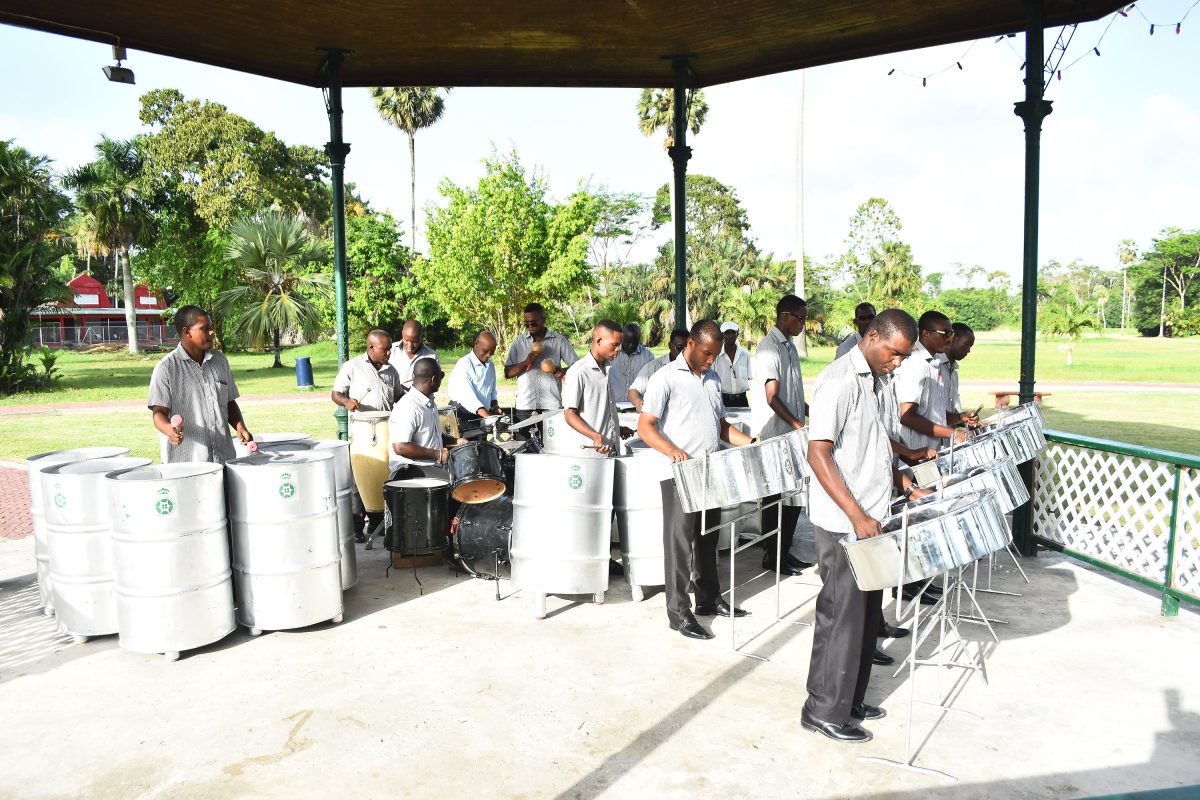 Last week, Guyana celebrated 51 years as a republic. The anniversary was marked by a fairly elaborate official ceremony in the compound of the Parliament building, with an array of performance events. There were also other recorded pieces in a national television broadcast. But the occasion passed in low-key fashion without the usual flamboyant events, noise, festivities and spectacle as the country, like the whole world, is still unrecovered from the stranglehold of the COVID-19 pandemic.
Last week, Guyana celebrated 51 years as a republic. The anniversary was marked by a fairly elaborate official ceremony in the compound of the Parliament building, with an array of performance events. There were also other recorded pieces in a national television broadcast. But the occasion passed in low-key fashion without the usual flamboyant events, noise, festivities and spectacle as the country, like the whole world, is still unrecovered from the stranglehold of the COVID-19 pandemic.
A number of parties and night clubs defied the health restrictions and precautions with unsanctioned revels, but the general tone was subdued and quiet. Significantly, there was no Mashramani, reflecting the silence across the channel in Trinidad and Tobago where there was no carnival.
The relative hush of this unpopular situation offered the opportunity to give some thought to Mashramani, its state as a national festival, and its functions. Further, since the steel band has been totally silent throughout this period, how has it fared as a Mashramani event, and has it benefitted in any way from the festival?

